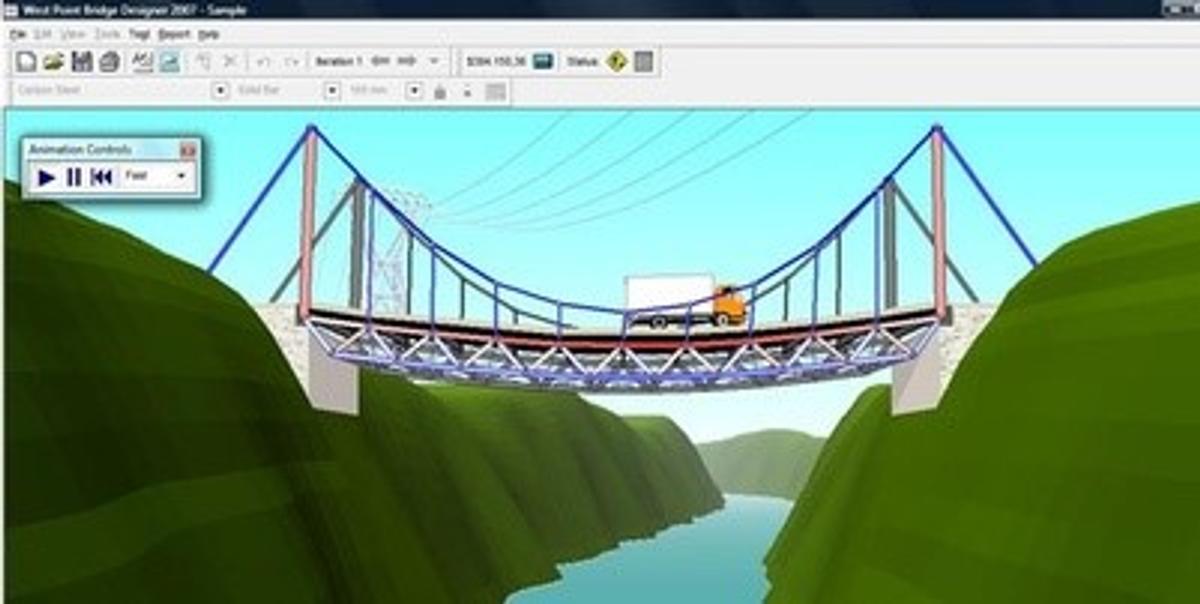Mathematics

APSMO Senior Maths Olympiad
Over the past three terms, our Year 7 and 8 Extension and Enrichment students have participated in the APSMO Senior Maths Olympiad competition.
This inter-school event is specifically designed to challenge and extend high-potential and high-achieving students in Years 7 and 8. It provides students across Australia and New Zealand with the opportunity to compete as part of a team while striving for individual excellence.
The Olympiad is a prestigious and highly regarded competition that builds on the Junior Olympiad for upper primary students, further developing their problem-solving knowledge, skills, and achievements.
Awards will be presented this term for the following categories:
- Participation in all four tests
- Top 10% (across the competition)
- Top 25% (across the competition)
- Highest individual score
- Special achievement
Congratulations to all our Year 7 and 8 students who took part in this year’s Olympiad — a fantastic effort and wonderful accomplishment!
Alex Wilkes – Year 8 Enrichment Teacher
Building Confidence and Reducing Mathematics Anxiety
As students progress through high school, mathematical concepts become more complex and interconnected. The skills and understanding built in earlier years continue to shape students’ confidence, engagement, and achievement in mathematics.
Confidence plays a vital role in success. Even capable students can experience mathematics anxiety — the feeling of tension or fear that interferes with performance. This can develop when students believe they are “not a maths person,” a common myth that limits potential. Everyone can learn and achieve success in mathematics with the right support, mindset, and strategies.
Parents and carers have a powerful influence on how students think and feel about mathematics. Positive encouragement at home helps to reinforce what is learned at school and builds resilience when challenges arise. This support is particularly important for girls and students with disabilities, who are more likely to report feeling anxious about maths.
How to support confidence and reduce anxiety at home:
- Normalise challenge: Remind your child that finding maths difficult at times is normal — it’s part of learning. Encourage persistence rather than perfection.
- Focus on growth: Praise effort, problem-solving, and progress, not just correct answers. Statements like “You worked hard to figure that out” build self-belief.
- Keep maths relevant: Connect maths to real-life situations — budgeting, comparing mobile plans, working out travel times, or analysing sports statistics.
- Encourage a positive mindset: Avoid comments such as “I was never good at maths.” Instead, share examples of how you use maths in daily decisions.
- Create a calm study routine: Help your child find a quiet space for homework, break tasks into smaller steps, and practise regularly rather than cramming before tests.
- Use digital tools wisely: Encourage the use of maths apps, online tutorials, or school-recommended resources to reinforce key skills and build confidence.
- Talk about mistakes: Help your child see mistakes as part of learning, a chance to identify gaps and strengthen understanding.
The school will continue to provide guidance and resources to help families strengthen numeracy skills and build confidence in mathematics. By working together, we can help every student feel capable, calm, and ready to tackle mathematical challenges with confidence.
Rebekah Smith, Acting Associate Principal - Years 10-12
Interested in Engineering?
If your child is curious about how things work, enjoys problem-solving, or likes designing and building, they might have an engineer’s mindset! Engineering is all about creativity, logic, and innovation — skills that can be developed at home through hands-on exploration and digital design tools.
Encouraging students to think like engineers helps them connect maths and science concepts to real-world applications while building persistence, critical thinking, and design skills.
Below are a few engaging ways for students to explore engineering at home — no expensive equipment required!
Engineering Explained
- An excellent YouTube channel that explores practical mechanical and automotive engineering concepts in an easy-to-understand and highly engaging way. Students can learn about how engines work, the physics behind vehicle performance, and real-world applications of STEM principles. Search “Engineering Explained” on YouTube
Creative Design Projects (Low-Material Options)
- Tinkercad – https://www.tinkercad.com/A free, beginner-friendly 3D design tool that lets students model their own inventions — from simple gadgets to complex prototypes. It’s a great way to develop spatial awareness and design thinking.
- Bridge Designer – https://bridgedesigner.org/A free simulation program that allows students to design virtual bridges, test their strength, and analyse forces and costs. It’s a hands-on introduction to the principles of civil and structural engineering.
Encourage your child to sketch, model, or redesign an everyday object — a piece of furniture, a gadget, or even a bridge — and think about how it could be improved. These simple projects nurture curiosity and provide a glimpse into the exciting world of engineering and design.
Exploring engineering at home can inspire students to see STEM not just as school subjects, but as tools for creating, problem-solving, and shaping the future.
Rebekah Smith, Acting Associate Principal - Years 10-12

